Ghee (also called clarified butter or butter oil) is basically butter if you take out everything but the fat. Regular butter is 82 percent milk fat and 18 percent “other” (water, protein, and a very tiny amount of carbohydrate). Similar to clarified butter, cow ghee is made by heating butter to the point where the milk solids (carbohydrates and proteins) separate away from the fat component. The milk solids are then removed leaving behind a golden yellow liquid consisting of pure fat (butterfat). The reason we say that ghee is pure butterfat “in theory” is because it’s not uncommon (especially in homemade ghee) for trace amounts of milk solids to remain in the final product.
Cow ghee has been a traditional form of fat in India for years, and it’s part of ayurvedic medicine if you’re interested in that, but it’s interesting to Paleo eaters because it hits all the high points of dairy with almost no lactose and milk proteins – and it has some interesting health benefits along the theme of saturated fat is actually good for you. The studies and researches relating to the benefits of using cow ghee in a balanced diet everyday is increasing day by day.
Studies have proved that ghee reduces constipation problems in the individuals as it can stimulate the acids in the stomach and help in easy digestion. It also decreases the cardiovascular problems; it also acts as an antioxidant which makes it provide a healing effect, as they protect the body from oxidative stress. As ghee does not cause any disturbance in the serum levels of the body, it considered to an excellent food in everyday’s diet. It also acts as an detoxifying agent in the body and thus it is told that ghee can detoxify cancer causing cells. There are many other health benefits of ghee if counted.
Besides the debates about whether ghee is a Paleo or not, you will find ghee in the various food recipes involved in a Paleo diet as it not only enhances the taste but also provides health benefits as well. Paleo diet also concentrates in involving a good amount of fats in the diet as fat is also an important and essential component for the proper functioning of the body. Thus, it is the main reason that ghee is also preferred to be used by many people in their Paleo diet.
Read our blog – Why The Pure Desi Cow Milk Ghee Is Costlier Than Normal Ghee?
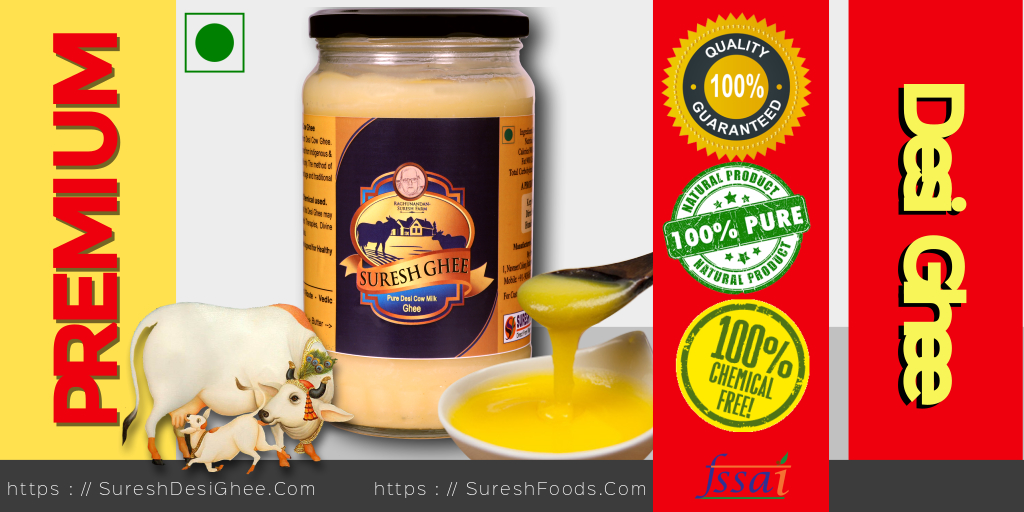
Buy Pure Desi Cow Ghee Online : Order Now. Free Shipping
Read our blog- HEALTH BENEFITS OF DESI COW GHEE THAT MAKE IT A MUST-HAVE IN YOUR KITCHEN
Why cow ghee?
Cow ghee is really an addition to the Paleo cupboard. It is something you can add on top of other delicious Paleo fats like olive oil and coconut oil. So…why would you add it?
For one thing, ghee has almost no dairy proteins or lactose at all. Even butter has some, but cow ghee has almost negligible amounts. This makes cow ghee OK for a lot of people with lactose intolerance, since the amount of lactose is so tiny.
An important safety note: lactose intolerance and milk allergy are not the same thing!
Lactose intolerance is a problem digesting the carbohydrate (lactose) in milk. If you eat or drink too much dairy, you’ll get an upset stomach. The seriousness of symptoms depends on the amount of lactose you eat – the more lactose, the worse you feel. If this is you, then trying ghee might be a good idea because at worst you’ll get a stomach ache.
Milk allergy is an immune reaction to the proteins in milk. It is rare in adults, most peoples who have trouble with dairy are lactose intolerant, not allergic. If lactose intolerance is your problem, ghee might be a very delicious solution that still lets you eat all that delicious dairy fat.
Read our blog- Benefits of desi cow ghee for weight loss, a teaspoon daily on empty stomach will help you lose weight

Buy Pure Desi Cow Ghee Online : Order Now. Free Shipping

It’s good for your heart
Ghee is also chock full of healthy fat. About half the fat in ghee is saturated, which makes it much better than polyunsaturated fatty acids-rich industrial fats like soybean oil. Ghee also has a relatively high amount of CLA (conjugated linoleic acid), which has benefits for preventing weight gain and might also help with weight loss.
For ghee, there are specific evidence that all of those good fats have heart-health benefits. This study, admittedly in rats, found that far from harming the rats’ cardiovascular health, ghee as 10% of calories reduced total cholesterol, LDL, and VLDL. The rats also enjoyed lower levels of liver cholesterol & triglycerides, possibly by increasing excretion of cholesterol. By changing the composition of the fats in the rats’ bodies, ghee also helps decrease oxidative damage and made the rats more resistant to oxidative stress.
Human studies also confirm the benefits of pure ghee for cardiovascular health. In this study, the researchers compared pure ghee to vegetable oil (specifically mustard oil, which is high in omega-6 fats like other vegetable oils). Researchers found that people who typically ate ghee had lower rates of cardiovascular disease than people who ate mustard oil.

Using ghee in Paleo cooking
Once the cow ghee is in your cupboard, you can use it in Paleo recipes just like you’d use butter or any other cooking fat. It is particularly delicious in sweets and dessert recipes, but it’s also great with protein (ghee-drizzled scallops? Chicken with ghee sauce?) and vegetables (try some broccoli roasted in ghee with a sprinkling of almond slivers on top, if you really like the “nutty” aspect of the ghee flavor).
Because ghee is so highly saturated, it’s good for high-heat cooking. Unlike butter, it does not have any milk solids to burn, so you don’t need to watch the heat as hawkishly as you would with a pat of butter. So for culinary purposes, if you want to sear a fillet of fish or some other job that takes super-high heat, ghee might be your new favorite fat.
It’s delicious
Ghee does not taste exactly like butter, but it’s recognizably butter-adjacent. If you think of the way oven-roasted vegetables get those nicely brown crispy edges, that same chemical reaction happens when you heat up butter to make ghee, so there’s a bit of that flavor to it. The stereotypical description of ghee is “nutty,” which also describes it pretty well.
Good For Diabetic
Nutritionists have advised that one should be careful with the quantity to be added, make sure not to add more than one teaspoon of ghee to dal or rice. Likewise, even to add ghee to any other food with a high level of carbs, ensure one teaspoon of ghee should be mixed. Such an amount, even in small quantities, nourishes enough to ensure proper digestion of your daily diet.
Vegetable oils tend to provide less benefit than good to the body and the heart. Turns out, ghee is considered to be one of the beneficial options in the kitchen. Ghee has also made its way into the recipe books, along with the diet books of several nutritionists, health advisors, and chefs. However it can also be produced at home from milk or malai as well, it is clearly visible that there is no adulteration involved, and is obtained all in purest form.
Ghee is also consumed as a medicine since it poses several beneficial nutrients that are known to keep people suffering from diabetes healthy. Multiple health experts have been asked to weigh in on the effects of ghee on a person going through diabetes, the common opinion has been that ghee can be considered a medicine for people having diabetes.
Ghee glycemic index
A diabetic person needs to consume food containing a lower glycemic index. It is because of the presence of antioxidants and omega 3-fatty acids in ghee, the glycemic index of ghee is low. Ghee is beneficial in both the preservation of intestinal and mental health. Ghee nutrition is beneficial for every health-conscious person, not only a diabetic person.Glycemic index indicates how quick and how high a diet category shoots up the blood sugar levels. Foods with a higher Glycemic Index may lead to many health issues including long-term and short-term for a person with diabetes. High levels of blood sugar caused due to high Glycemic foods can easily be controlled with the number of diet plans we can opt for today. Ghee works no differently, mixing ghee to food has shown to reduce the overall glycemic index of the diet. Consuming ghee supports and regulates blood sugar levels.


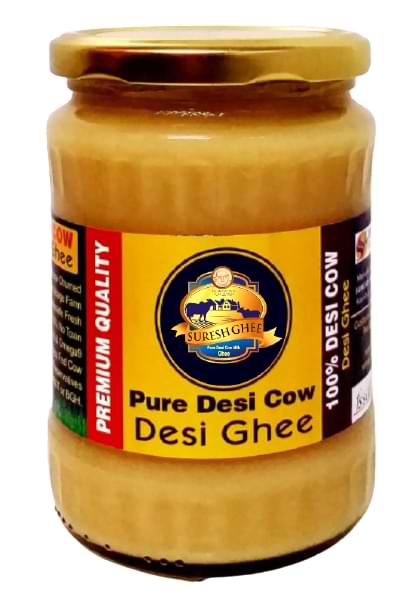
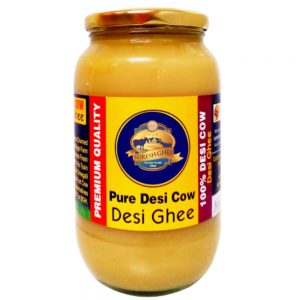
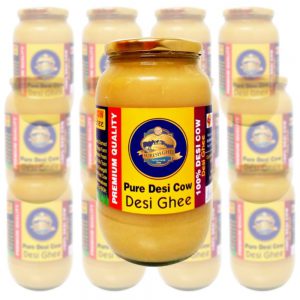
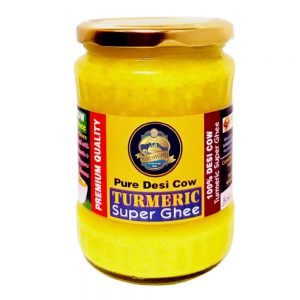
 WhatsApp us
WhatsApp us 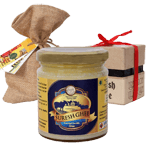
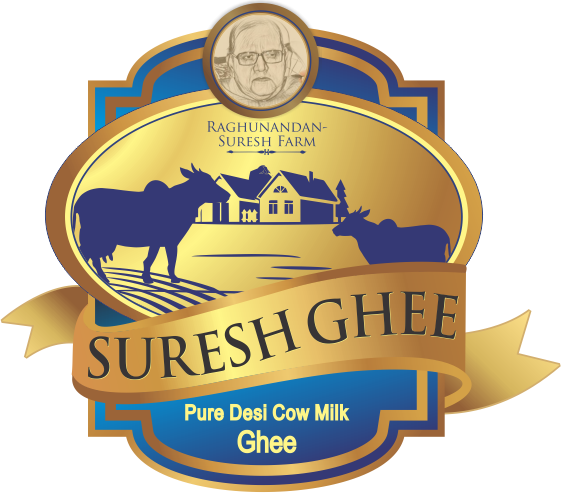
Naveen m...